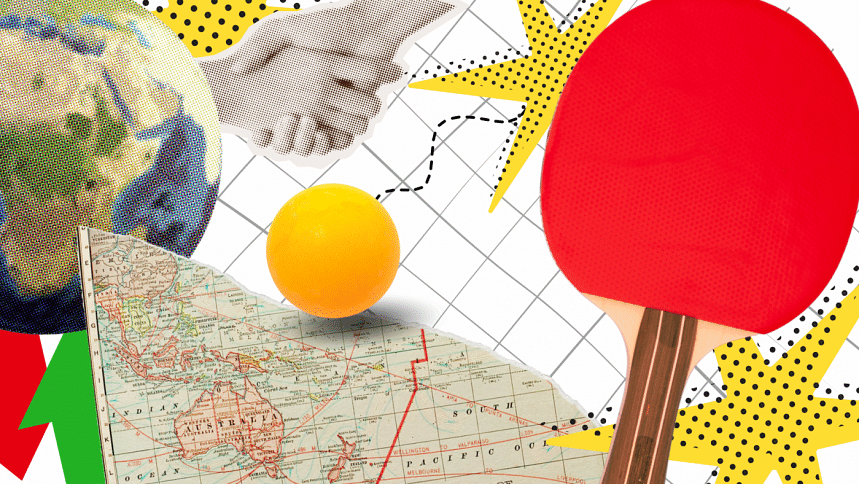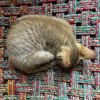Ping-pong diplomacy: Explained

The power of sports to unite people all over the world, regardless of their differences, is well-known to most. Lesser known, however, is the fact that it was also once used to bring two bitterly opposed nations together, changing the course of world history forever.
As unbelievable as it sounds, this did happen 50 years ago and the sport that managed to do so was table tennis, also known as ping-pong, thus the name ping-pong diplomacy. Ping-pong diplomacy refers to how table tennis was used as a diplomatic tool by the People's Republic of China (PRC) to start normalising diplomatic relationships between itself and the United States.
History behind ping pong diplomacy
Since the formation of the PRC in 1949, the US had no diplomatic or economic relationship with the country, mainly due to its communist ideology back then and its entry into the Korean War in 1950. After over two decades of the US trying to isolate China, both countries felt the need for things to change.
Yet, there was no significant development in the normalisation of the relationship between the two countries for years. That was until Glenn Cowan – a 19-year-old table tennis player of Team USA – mistakenly got on the bus carrying the Chinese national team during the 1971 World Table Tennis Championships in Nagoya, Japan.
Initially, Cowan was met with awkward silence on the bus, but he was later greeted by the Chinese team's best player, Zhuang Zedong. Zedong spoke with Glenn through an interpreter and even gave him a silk-screen picture of China's Huangshan mountains as a gift. Glenn repaid the gesture the following day, gifting Zedong a t-shirt with a peace symbol and lyrics of the song "Let It Be'" by The Beatles.
This simple exchange did not just catch the eye of the media but also caught the eye of the then-Chinese Communist Party Chairman Mao Zedong. To the world's surprise, he used this opportunity to invite the US table tennis team to an all-expenses paid visit to China and play table tennis. Thus, the world got to see ping-pong diplomacy in action for the first time.
The invitation was accepted and a group of table tennis players unexpectedly became one of the most important diplomats in US history when they set foot in China on April 10, 1971, for the visit. The American players visited various places in China and participated in exhibition table tennis matches.
What happened after the match?
The effect of the trip was felt even before the trip was over when the then-US President Richard Nixon shared that the US was easing its travel bans and trade embargos against China while the players were still visiting the country. This was followed by an increase in communication between both countries as Nixon became the first US president to travel to China.
Finally, in January 1979, the US formally established diplomatic relations and trade with the PRC. Eventually, both countries became important trade partners, as US imports from China rose from about USD100 billion in 2001 to more than USD400 billion in 2023.
Is such kind of diplomacy only limited to ping-pong?
While Ping-pong diplomacy is mostly used to describe China's use of table tennis as a tool of diplomacy, in reality, any other sport can play a similar role. An example of this was seen in 2023 between Argentina and Bangladesh, and the sport that was used for diplomacy was football.
While both countries established diplomatic relations in 1972, Argentina closed its embassy in Dhaka in 1978. Bangladeshi nationals needed to travel to New Delhi if they wanted Argentine visas. The two vastly different countries on two ends of the planet probably had only one thing in common – their love for football. And that's all it took.
The overwhelming support for Argentina's national football team in Bangladesh during the 2022 FIFA World Cup caught the world's eye, especially that of the Argentine people. During the World Cup, Argentina announced they would reopen their embassy in Bangladesh, which they did in February 2023.
Reference:
History.com (October 19, 2018). How Ping-Pong Diplomacy Thawed the Cold War.
Tamjidul Hoque is an UK LLB graduate.

 For all latest news, follow The Daily Star's Google News channel.
For all latest news, follow The Daily Star's Google News channel. 







Comments